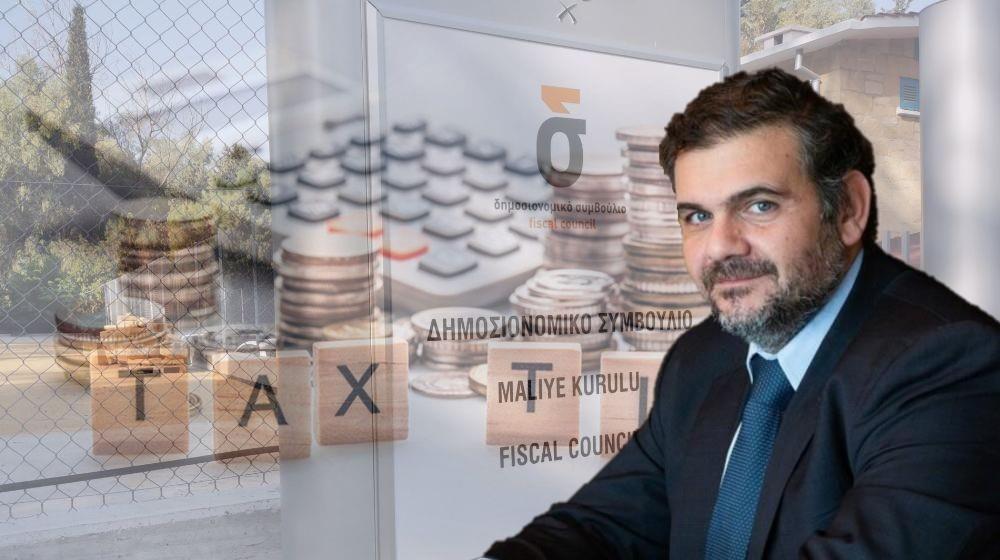The Fiscal Council identifies two main weaknesses in the proposed tax reform and is preparing to intervene in the public debate on the six bills that are under public consultation soon, sounding the alarm about the negative impact that any interventions in the entire effort, mainly by the Parliament, could have.
Speaking to InBusinessNews, the Chairman of the Fiscal Council, Michalis Persianis, while describing the proposed reform as a good effort, nevertheless also indicates that it lacks ambition and imagination.
Regarding the weaknesses in the six bills, on the one hand, he expresses concern about the absence of detailed scenarios for possible changes that may arise through the parliamentary process, and on the other hand, records the absence of incentives and disincentives to address specific behaviours that have to do with other state policies.
The great weakness
More specifically, in his statements to InBusinessNews, Persianis emphasised that "in general, we consider it to be a good effort, but we also identify weaknesses, while we also note that it lacks ambition."
As he explained, "the first thing we pointed out and emphasised to the Ministry of Finance is that they need to present scenarios."
"Our biggest concern is that there is no clear picture regarding the impact of potential changes to the bills during their debate in Parliament," he stressed.
For example, Persianis pointed out, "the tax-free income based on the bills increases from €19,500 to €20,500. If Parliament - in its wisdom - decides to increase this amount to €21,000, how much will the state's revenues be affected? How much does the direction of the entire effort change from something like this?" he wondered.
According to the Chairman of the Fiscal Council, "it seems that the Ministry of Finance does not have these answers and this worries us, because it is impossible not to know how much the state's revenues will be affected - mainly - by each amendment that may be submitted and/or incorporated into the bills."
"You have to have the scenarios in front of you and, for the time being, we don't have them in front of us and - as I see - neither does the Ministry of Finance. So, we are a bit in the dark, especially after any amendments that may be made," he further emphasised.
Absence of incentives and disincentives
Beyond that, Persianis continued, the Fiscal Council finds that incentives and disincentives are absent from the tax reform.
For example, he said, "on the one hand we have the increase in corporate tax from 12.5% to 15% and on the other hand we have green taxation, which may be in the background, but you cannot avoid it. We consider these two as givens and they cannot be avoided."
At the same time, he said, "while the abolition of the deemed distribution of dividends is being promoted, no incentives are offered for reinvesting money in the green and digital transition. This dimension is missing from the promoted tax reform."
"In other words, there are no incentives and disincentives to address specific behaviours that have to do with other state policies," he pointed out.
Asked whether the Council is concerned about possible changes to the bills, either before they are brought to Parliament or during their debate in Parliament, Persianis answered in the affirmative.
"Of course, we are concerned about any changes that may be made, because - as I mentioned before - since we do not have the scenarios in front of us, that is, we do not know what the demographic and family assumptions are, we cannot know and/or calculate the impact of any changes that may be made."
For this reason, the President of the Fiscal Council concluded, "it is necessary to make specific scenario assessments for any differences that may arise during the discussion and passage of the bills in Parliament, in order to know and address any impact, mainly on the state's finances."
(Source: InBusinessNews)









